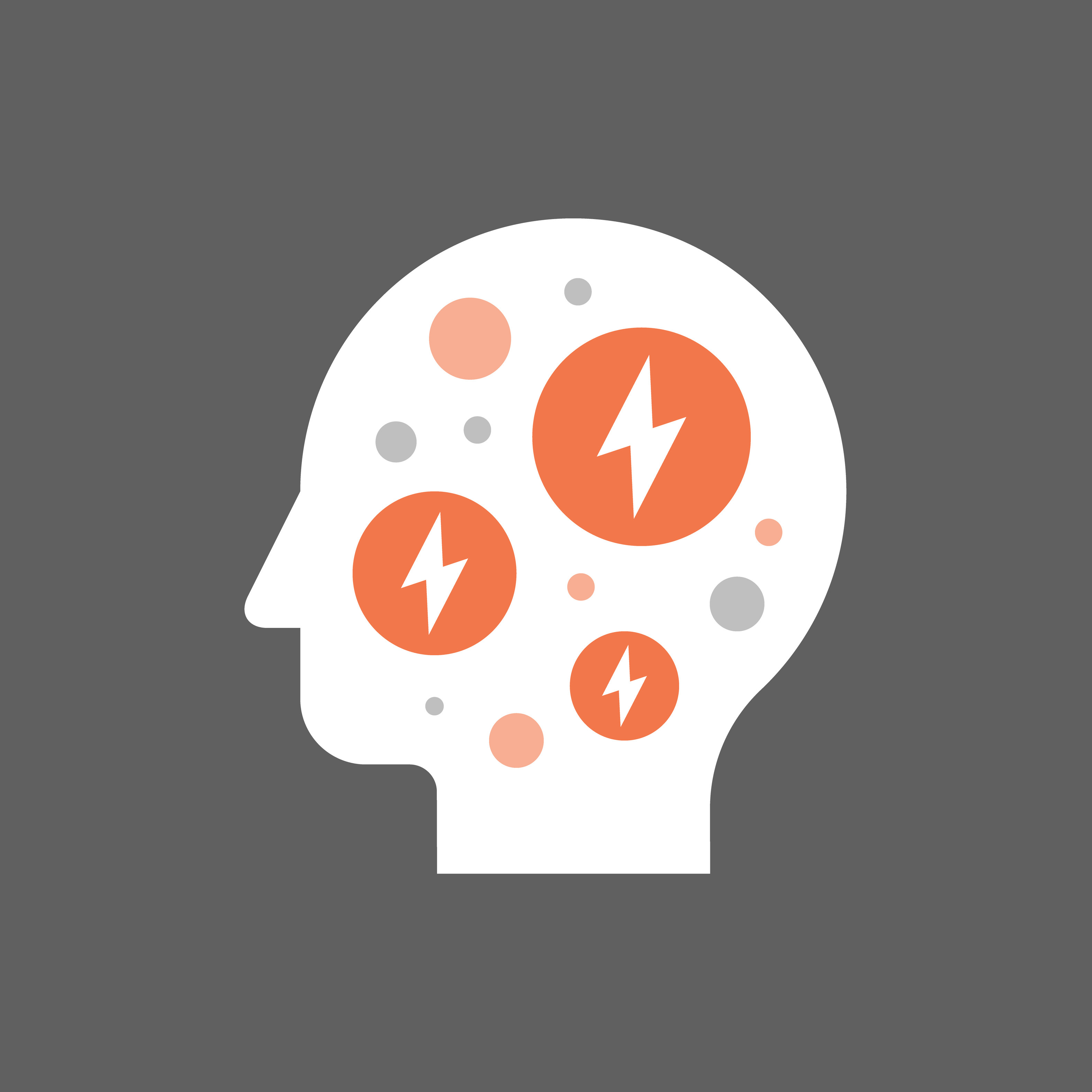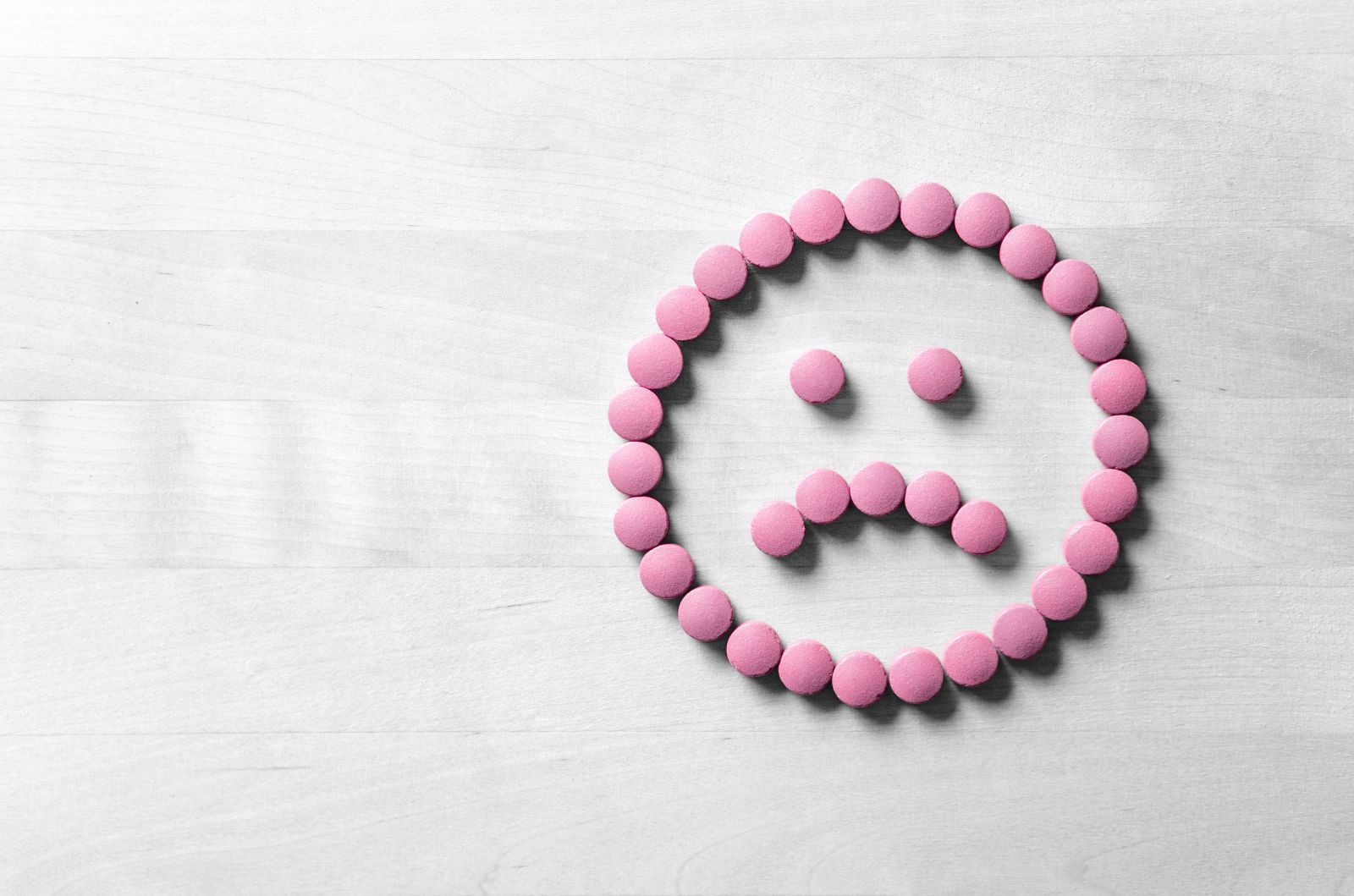
Can white noise really help you sleep better?

Celiac disease: Exploring four myths

What is prostatitis and how is it treated?

What is Cushing syndrome?

Exercises to relieve joint pain

Think your child has ADHD? What your pediatrician can do

Foam roller: Could you benefit from this massage tool?

Stepping up activity if winter slowed you down

Common causes of cloudy urine

Dragon fruit: How to enjoy this antioxidant-rich fruit
Headache Archive
Articles
Stopping the vicious cycle of rebound headaches
People who get frequent headaches and need to take medication at least 15 days a month may be at risk for medication overuse headaches, or “rebound headaches.” Treatment depends on the medication being taken.
How many caffeine servings trigger migraine headaches?
News briefs
Last month we told you about new medications to treat migraine headaches. Now a small Harvard study published Aug. 8, 2019, in The American Journal of Medicine offers a reminder about the importance of limiting migraine triggers. For six weeks, 100 adults with frequent migraines were asked to record daily intake of caffeinated coffee, tea, soda, and energy drinks; alcohol intake; activity levels; stress; and sleep times. They also recorded their headache episodes. Researchers looked at each study participant's risk of having a headache on a given day in relation to his or her consumption of caffeinated beverages. Having three or more servings of caffeinated drinks in a day was associated with higher odds of having a migraine on that day or the following day. However, having one to two servings of caffeinated beverages was not associated with migraines. Does that mean people prone to migraines can safely enjoy up to two caffeinated drinks per day? Not quite. The study is only observational and doesn't prove that any amount of caffeine will or won't cause migraines. But if you are prone to migraines, watch your headache triggers, and perhaps keep a journal of daily activity (including caffeine intake) to help discover your trigger limits.
Image: Mike Watson Images/Getty Images
Recurrent headaches in children: What to know and do
Most children have an occasional headache, but some children get recurrent headaches. These often run in families and may be migraine or tension headaches or might stem from other causes.
Are the new migraine medications working?
Doctors say three recently approved migraine prevention drugs are helping people have fewer headaches.
For people with frequent, debilitating migraine headaches, 2018 brought encouraging news. The FDA approved three new medications — erenumab (Aimovig), fremanezumab (Ajovy), and galcanezumab (Emgality) — the first drugs designed specifically to prevent migraines and reduce their frequency, intensity, and duration.
It was a big development, since other medications used to stop migraines were created to control other conditions, such as seizures, depression, high blood pressure, or an irregular heartbeat. But their side effects (such as weight gain, dizziness, or fuzzy thinking) often cause people to skip treatment.
Does Botox reduce the frequency of chronic migraine?
People who experience chronic migraine headaches may benefit from treatment with botulimun neurotoxin (Botox), though other treatments such as medication are usually tried first.
Thunderclap headache: The “worst headache of my life”
A thunderclap headache is a sudden, extremely severe headache associated with several possible causes. It’s considered a medical emergency and should be treated as soon as possible.
Shorter sleep may cause dehydration
Image: © miya227/Getty Images
In the journals
Adults who sleep only six hours per night may have a higher chance of being dehydrated, compared with those who sleep longer, according to recent research published online Nov. 5, 2018, by the journal Sleep. The findings suggest that some of the symptoms of inadequate sleep, such as fatigue, fuzzy thinking, and headache in the morning, may be due to dehydration.
Researchers looked at the risk of dehydration in approximately 20,000 U.S. and Chinese adults. In both populations, people who reported sleeping six or fewer hours had up to a 59% higher risk of dehydration compared with those who slept seven to eight hours on a regular basis. The researchers speculated that the finding may reflect the nightly rhythm of a hormone called vasopressin. During sleep, the pituitary gland in the brain uses vasopressin to signal the kidneys to retain fluid in the body rather than excreting it through urine.
Depression risks in the medicine cabinet
News briefs
Are you taking a medication that has depression or suicidal thinking as a potential side effect? One or both risks have been linked to use of more than 200 prescription and over-the-counter pills, including medicines that treat high blood pressure, heartburn, pain, and headaches. The more of these drugs you use, the higher the likelihood that you'll experience depression, suggests a study published June 12, 2018, in The Journal of the American Medical Association. Working with five surveys conducted over a nine-year period, researchers evaluated health information from 26,192 adults. About 37% of them reported taking such medications. Of individuals taking three or more of the medications with depression as a possible side effect, about 15% reported depression, compared with about 5% in people not using those medications. Even for people already taking an antidepressant, the addition of one or more of the identified medicines was linked to higher rates of depression. This study was based on surveys, so it didn't prove that the medications caused the reported depression. Nonetheless, if you think you're depressed (and have symptoms such as apathy, hopelessness, changes in sleep or eating habits, and persistent fatigue), ask your doctor if any of the medicines you are taking may be responsible.
Image: © Tero Vesalainen | GettyImages

Can white noise really help you sleep better?

Celiac disease: Exploring four myths

What is prostatitis and how is it treated?

What is Cushing syndrome?

Exercises to relieve joint pain

Think your child has ADHD? What your pediatrician can do

Foam roller: Could you benefit from this massage tool?

Stepping up activity if winter slowed you down

Common causes of cloudy urine

Dragon fruit: How to enjoy this antioxidant-rich fruit
Free Healthbeat Signup
Get the latest in health news delivered to your inbox!
Sign Up











